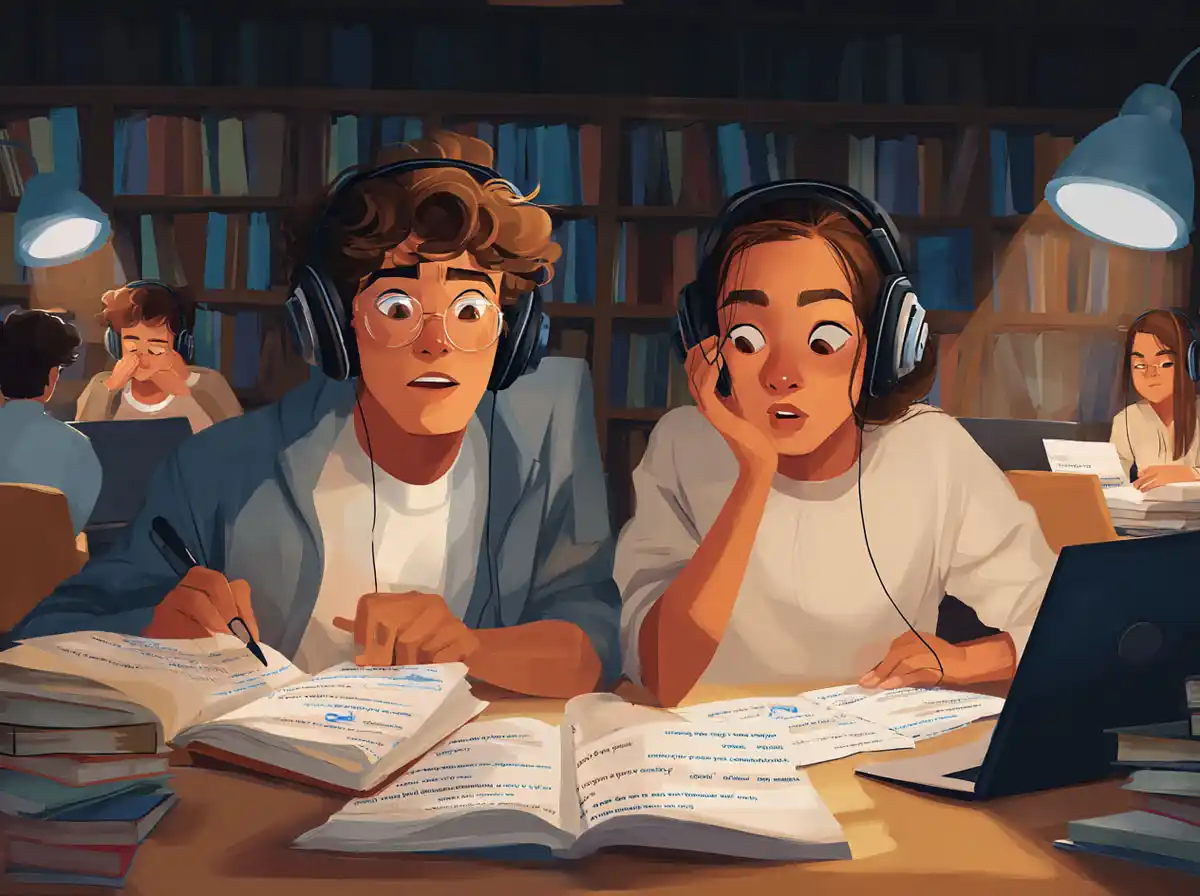Ця серія вправ націлена на практику формування речень у Майбутньому Досконалому Часі для студентів, що вивчають англійську. Завдання полягають у заповненні пропусків у реченнях ідеальною формою дієслів, щоб чітко висловити зміст запропонованого контексту.
Вправа 1: Творення майбутнього досконалого часу
By the time you arrive, they *will have left* (leave).
In two hours, I *will have completed* (complete) the report.
She *will have turned* (turn) 30 by this September.
We *will have finished* (finish) the project before the deadline.
He *will have learned* (learn) Spanish before going to Argentina.
You *will have earned* (earn) your degree by the time the summer ends.
They *will have sold* (sell) the house by the end of the month.
I *will have written* (write) the book by next year.
The flowers *will have bloomed* (bloom) by the first week of April.
You *will have grown* (grow) a lot in your professional career by 2025.
By tomorrow, we *will have painted* (paint) all the walls.
He *will have saved* (save) enough money to buy a car by the end of 2023.
They *will have traveled* (travel) to ten countries by then.
She *will have made* (make) an important decision by next week.
By 6 PM, I *will have cooked* (cook) dinner.
Вправа 2: Використання майбутнього досконалого часу у контексті
By the time the course ends, I *will have improved* (improve) my English significantly.
You *will have moved* (move) to a new city by the end of the year, won’t you?
We *will have celebrated* (celebrate) our tenth anniversary by June.
I *will have paid* (pay) off all my debts within the next two months.
She *will have taken* (take) her final exams by tomorrow afternoon.
They *will have announced* (announce) the winners before Friday.
He *will have repaired* (repair) the roof before the rainy season starts.
You *will have decided* (decide) on your career path by the end of this semester.
We *will have reached* (reach) our fundraising goal by next week, I hope.
It *will have stopped* (stop) raining by the time the concert begins.
The scientists *will have completed* (complete) the research by the time the grant finishes.
I *will have met* (meet) all my new colleagues by the end of my first week at work.
By the age of 35, she *will have become* (become) a well-known author.
You *will have learned* (learn) all the necessary skills by the end of the training program.
They *will have exhausted* (exhaust) all possible solutions by the time we have our next meeting.










